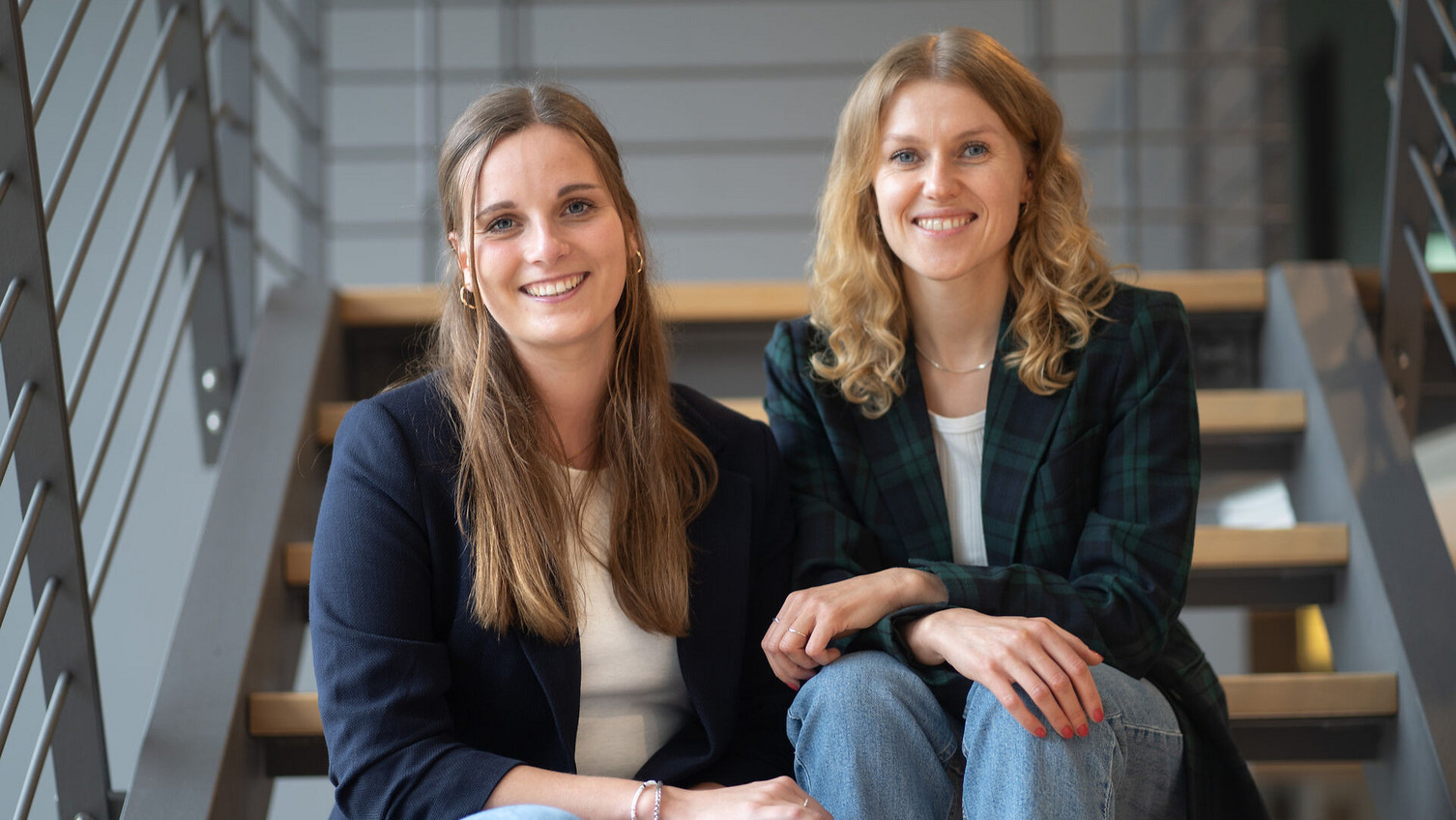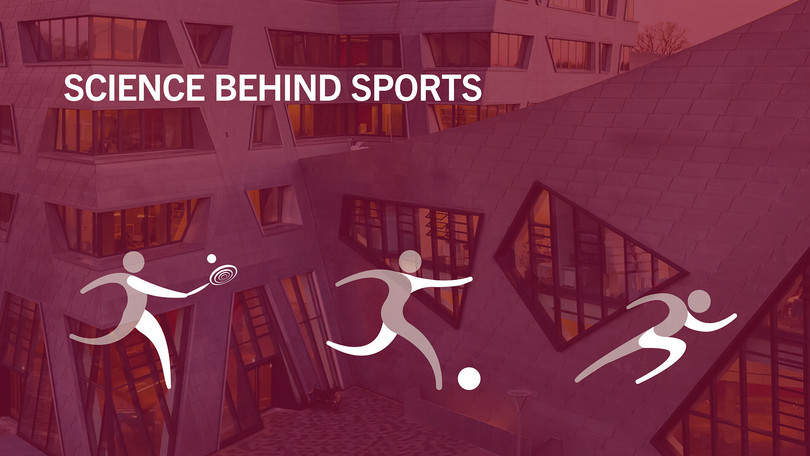Science behind Sports: equalchamps supports female athletes
Bridging the Gap: Performance vs Pay
2024-08-15 Fascinating competitions inspired millions of people around the world. The Summer Olympics in Paris were once again not only a showcase of athletic prowess but also of financial opportunities that major sporting events generate. They always offer athletes on the sidelines of stadiums and arenas with opportunities for new contracts, attractive sponsoring commitments, and improved training conditions. However, stark gender disparities persist in the world of sports. The Lüneburg-based start-up equalchamps is working to close the gap, advocating for equal pay for equal performance between male and female athletes. Despite progress, the road ahead remains challenging. Nevertheless, equalchamps, which had a presence at the Paris Olympics, is gaining traction in its mission to support female athletes.
 ©Markus Kröger
©Markus Kröger
A Leuphana Spin-off
“This is exactly where we come in - and major sporting events such as the European Championships or the Olympics provide the necessary attention that we need,” explains Lina Soffner. Alongside Laura Elbers, she is co-founder and Managing Director of equalchamps, which was launched in 2021 after graduation, as a spin-off from Leuphana University. Lina Soffner studied Management & Entrepreneurship.
Today, a team of three works to enhance the positioning of women in sports. Their goal is to increase the visibility and recognition of female athletes through counselling and support, thereby addressing financial disparities. “With the support from equalchamps, female athletes can establish themselves professionally,” Lina Soffner notes in the interview.
- In comparison, who is winning the lucrative sponsoring or advertising contracts and salaries?
Lina Soffner: “The disparity is enormous. A staggering 93 % of global sponsoring funds go to men's sports. Female athletes, despite their comparable performance, often lack the professional support needed to secure beneficial sponsoring from suitable companies. That is where we come in, using our matching algorithm to align companies' strategies and values with suitable sports and female athletes. That’s what we do.”
- Looking back on Paris, what does the Olympics offer in terms of reducing inequalities?
Reflecting on the recent Olympics, Lina Soffner believes that visibility is the key to success. “Female athletes can showcase themselves perfectly in competitions and media appearances - they inspire with their team spirit and approachability and at the same time have what it takes to show determination and fighting spirit. This also radiates to the next generation. We know how important sport is for personal development and that sport is a powerful force contributing to social integration. If we promote female role models, young girls and teenagers will follow suit. Clubs benefit from this and ultimately so does our society.”
- During the European Football Championship, Denmark's national players announced that they would forgo a pay rise to boost the women's team’s compensation. In the German Football Association, however, there is still no ‘equal pay’. Do we have to thank the Danish men's national team for setting such an international example?
Lina Soffner: “Yes, definitely, they have set a very good example. That's really important, because there's still a stark gap in football in particular. The Women's EURO 2022 garnered immense attention and enthusiasm. And it set spectator and viewing records. But the financial inequalities between men and women persist: according to the 2023 Sportschau survey, about a quarter of female players in the first and second Bundesliga earn little to no salary. A third of female players earn a maximum of 500 Euros gross per month. However, the female footballers are not calling for ‘equal pay’, but instead are advocating for a minimum wage. We are also of the opinion that this highlights the need for systemic change of framework conditions and salary structures in women’s football.”
- In your opinion, does this open up new opportunities for small and medium-sized enterprises - considering the economic region of Lüneburg - if the promotion of female athletes is considered?
Lina Soffner: “Traditionally, many people think of men's football and multi-million deals when they think of sponsoring. It's different in women's competitive sports. Here, companies with a smaller budget can achieve a greater impact. The men's sector is saturated and expensive. As a company, you will get lost in the crowd. In women's sports, you can shine as a pioneer and stand out from the competition. The growing media coverage of women's sports in recent years also enhances regional visibility. Additionally, studies show that women drive 80% of purchasing decisions, thus female athletes can also create a powerful bond as brand ambassadors, which can increase sales. Ultimately, sponsoring via equalchamps not only signifies gender equality in sports but also enhances a company’s employer attractiveness.”
- Thank you for the interview!



